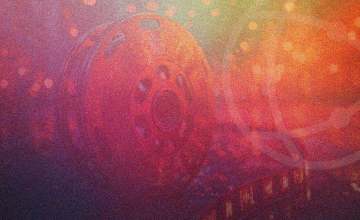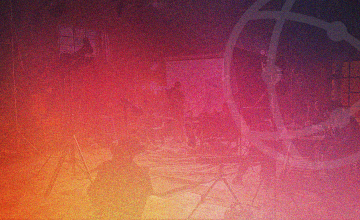Overview of “Beautiful Evening, Beautiful Day”
In “Beautiful Evening, Beautiful Day,” the journey to Barren Island—a notorious penal colony in the former Yugoslavia—takes some time. This location, where traditional prison cells were unnecessary and armed guards relied on the sea to maintain order, is depicted in stark black-and-white by writer-director Ivona Juka. Set in 1957, shortly after the country escaped Nazi fascism, the film reveals the oppressive regime of communist leader Josef Broz Tito, who was equally ruthless in silencing dissent, including voices from the gay community.
The Narrative and Characters
While Tito’s regime was upheld through propaganda, “Beautiful Evening, Beautiful Day” presents a darker portrayal of his leadership through the lens of two romantically involved filmmakers, Lovro (Dado Cosic) and Nenad (Djordje Galic). With connections in the government from their military service, they enjoy a relatively carefree existence, even displaying affection in public. However, Lovro’s decision to film a scene suggesting a romantic escape between a border guard and a soldier draws the attention of a censorship board observer, hinting at the trouble that lies ahead.
Challenges of Creative Expression
Juka’s disregard for censorship is evident from the film’s opening, which features a graphic sex scene between Lovro and Nenad that would likely be deemed unacceptable even today. After being chosen as Croatia’s official Oscar entry, Juka has claimed to receive significantly less financial backing for the awards campaign compared to previous years. The introduction of Emir (Emir Hadzihafizbegovic), a bureaucrat tasked with overseeing Lovro’s film while being covertly encouraged to sabotage it, adds complexity to the narrative. Emir’s seasoned demeanor lends credibility to his role as a skeptical observer of both his superiors and subordinates.
Thematic Depth and Character Development
Juka effectively constructs a society rife with distrust, where the government fosters informants among the populace. However, the film sometimes prioritizes plot demands over character development, leading to impulsive actions that feel inconsistent. The director risks oversimplifying the fight against bigotry, potentially neglecting the sensitivity required for marginalized groups. As violence escalates against Lovro, Nenad, and their friends, the film’s portrayal of brutality can provoke frustration for reasons beyond its intended impact. A particularly harsh scene involving the beating of a kind-hearted gay man suggests that his decency, rather than his sexuality, is what renders the violence shocking. Additionally, the film struggles to maintain a consistent representation of male intimacy, blurring the lines between consensual acts and violence in its depiction of sexual encounters.
Artistic Vision and Historical Context
Although Juka does not explicitly state it, “Beautiful Evening, Beautiful Day” feels like a film that Lovro and his artistic peers would create if given complete creative freedom. While it may not challenge narrative conventions as boldly as other aspects, moments of passion can disrupt coherence, with scenes of celebration sometimes appearing excessive. Nevertheless, Juka recognizes the significance of presenting an unfiltered perspective, especially in a historical context dominated by Tito’s narrative. The poignant scene of Lovro and Nenad capturing a day at the beach while skinny dipping serves as a powerful assertion of existence for those marginalized and erased from history. This moment underscores the importance of representation in film, highlighting the value of Juka’s artistic vision.
Person
Ivona Juka, Josef Broz Tito, Lovro, Dado Cosic, Nenad, Djordje Galic, Emir, Emir Hadzihafizbegovic, Stevan, Slaven Doslo, Ivan, Elmir Krivalic
Company Names
N/A
Titles
Beautiful Evening, Beautiful Day
Disclaimer: This article has been auto-generated from a syndicated RSS feed and has not been edited by Vitrina staff. It is provided solely for informational purposes on a non-commercial basis.









